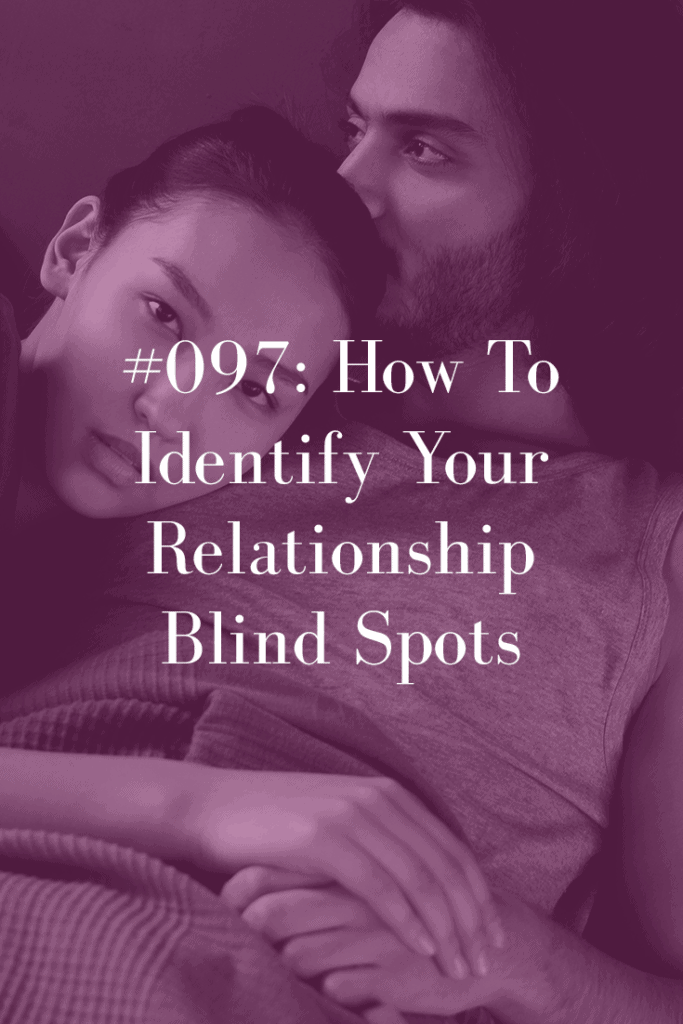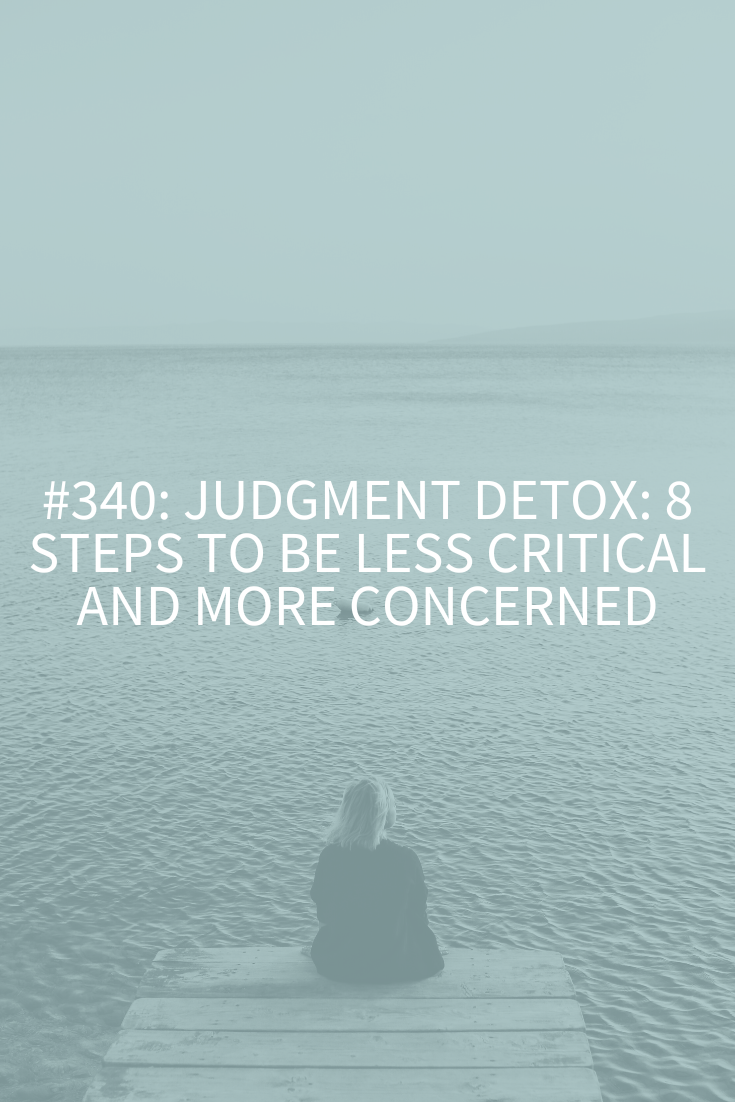
If you look up blind spot in the dictionary it says, “An area in which your view is obstructed.” The problem with blind spots in our relationships is that they stop us from exhibiting a healthy perspective. Our judgment and awareness become skewed so we don’t make the healthiest decisions or have the best reactions to situations and people.
Today you’re going to learn all about what creates these blind spots and, of course, my top tips for how to “see” again!
We all come into our relationships with different baggage depending on how we grew up. As our personalities developed, so did our coping strategies. These coping strategies resulted in our utilizing different defense mechanisms (often in reaction to our parents and siblings but sometimes because we copied what those same people did – yup, you might truly be “just like your mother.”).
These defense mechanisms, coping strategies and communication skills are all front and center in your relationship right now. The issue is that you likely don’t know it (unless you’ve done a crap load of therapy). To some degree, we’re all fish who don’t know we’re wet, and this results in lots of unhealthy unconscious strategies in our adult relationships – aka: blind spots.
We all have them, but the problem is that we don’t know what our blind spots are (hence their apt name) and end up in the same dysfunctional relationships over and over or we’re in one relationship having the same arguments and frustrations over and over.
These blind spots are all part of our defense mechanisms (what Sigmund Freud called, “ego defenses”).
Defense mechanisms are usually defined as the psychological strategies we unconsciously use to protect ourselves. From what you may ask? Well, from discomfort, anxiety, unacceptable thoughts, feelings, or just about anything we’re not sure about. Again, these are unconscious (at least initially) hence the whole “blind spot” thing.
The defense mechanisms (blind spots) I see most often are:
- Denial
- Projection
- Sublimation
- Compartmentalization
- Intellectualization
- Displacement
- Rationalization
What Can You Do About It?
- Be curious about yourself and ask for feedback
- Once you have this feedback, be accountable to yourself and learn to identify your feelings
- Ask your partner to let you know when they see any unhealthy behaviors. You can use the Wake Up Word for this (download your free copy below).
Resources and Links:
Hoffman Institute Feelings Chart
Enter your name and email below to receive the “Wake Up” Word and stop that fight in its tracks!












